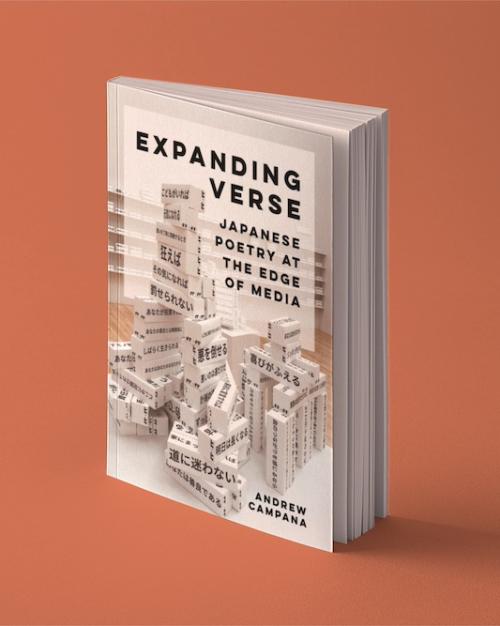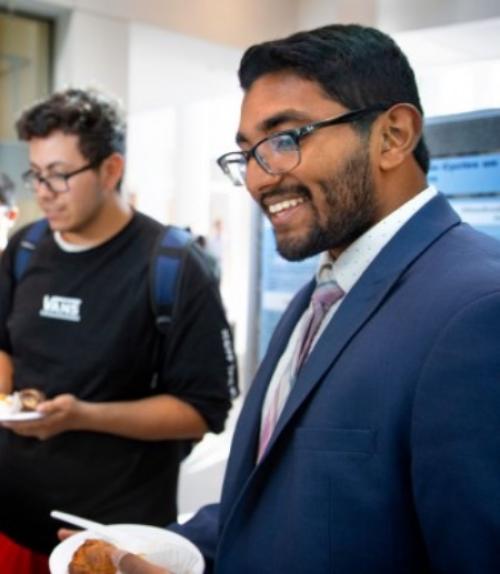
Campana wins MLA’s Scaglione Prize for book on Japanese poetry
A&S Communications
 Department Homepage
The College of Arts & Sciences
Department Homepage
The College of Arts & Sciences




